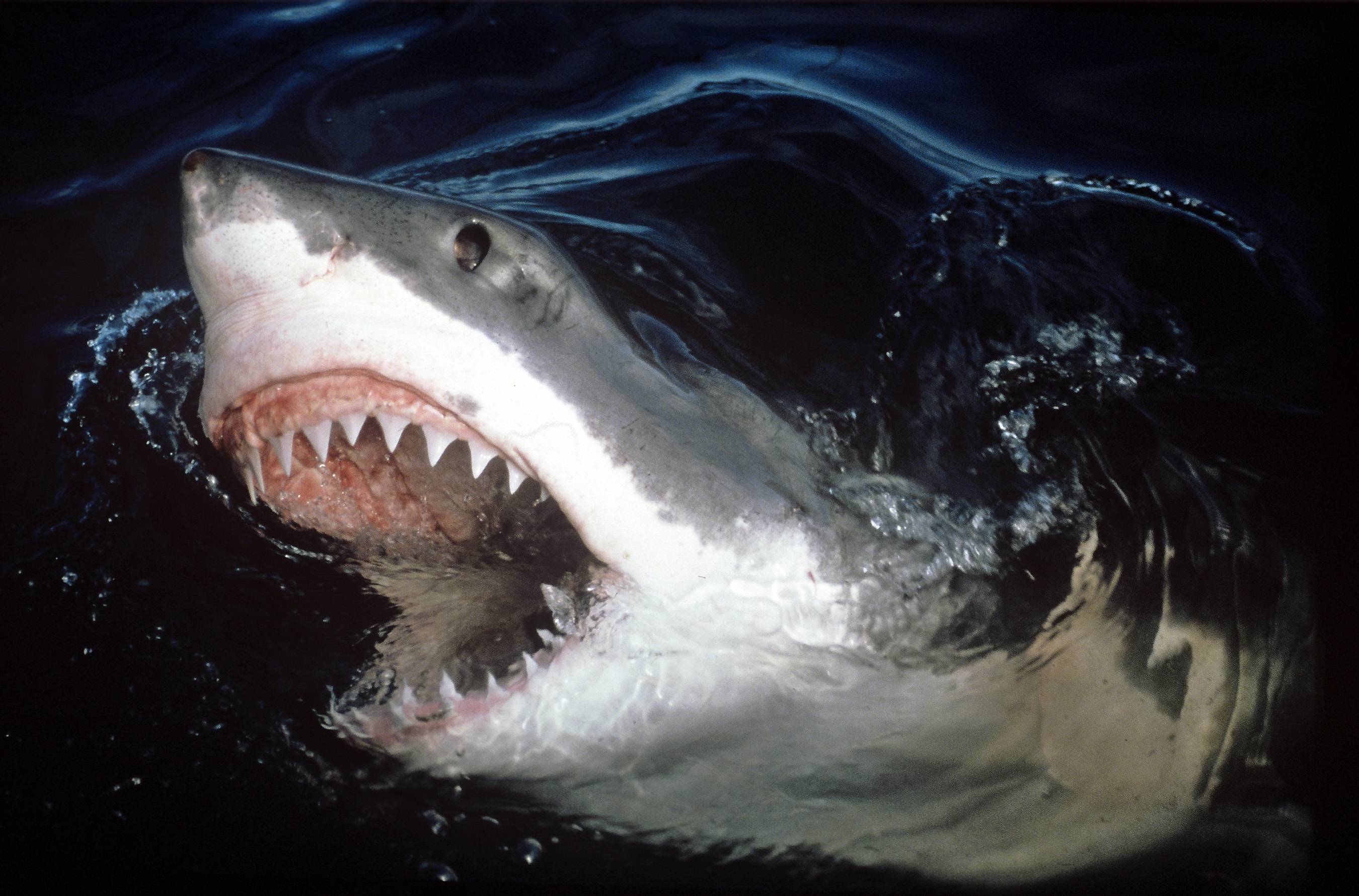Great white sharks are one of the most fascinating creatures in the ocean. Known scientifically as Carcharodon carcharias, these magnificent predators have captured the imagination of humanity for centuries. With their powerful build, keen senses, and impressive hunting skills, great white sharks have earned their reputation as the apex predators of the marine world. This article aims to delve deep into the biology, behavior, and conservation status of great white sharks, providing readers with a comprehensive understanding of these incredible animals.
In this exploration, we will cover various aspects of great white sharks, including their physical characteristics, habitat, diet, and their role in the ecosystem. Additionally, we will address the myths and misconceptions surrounding these creatures, as well as the conservation efforts aimed at protecting them. As we navigate through the depths of knowledge about great white sharks, we hope to foster a greater appreciation for their role in our oceans and the need for their protection.
Join us on this journey to uncover the truths about great white sharks, aiming not only to inform but also to inspire action towards conservation efforts. By the end of this article, you will not only have a better understanding of these majestic predators but also a renewed sense of responsibility towards marine life.
Table of Contents
- Biography of the Great White Shark
- Physical Characteristics
- Habitat and Distribution
- Diet and Hunting Behavior
- Reproduction and Lifespan
- Myths and Misconceptions
- Conservation Status
- Conclusion
Biography of the Great White Shark
The great white shark is a species that has intrigued marine biologists and ocean enthusiasts alike. Here is a brief overview of its biological data:
| Category | Details |
|---|---|
| Scientific Name | Carcharodon carcharias |
| Common Names | Great White Shark, White Shark, White Pointer |
| Habitat | Coastal and open ocean environments |
| Size | Up to 20 feet (6 meters) or more |
| Weight | Up to 2,400 pounds (1,100 kg) |
| Diet | Marine mammals, fish, seabirds |
| Life Span | 30 to 70 years |
Physical Characteristics
Great white sharks are instantly recognizable due to their distinctive features:
- Body Shape: They have a robust, torpedo-shaped body that allows for swift movement.
- Coloration: Their dorsal side is usually a grayish color, which helps them blend into the ocean depths, while their ventral side is white, providing camouflage from below.
- Teeth: Great whites possess serrated teeth designed for slicing through flesh, which can be up to 3 inches long.
- Senses: They have an acute sense of smell, capable of detecting blood from miles away, and can also sense electromagnetic fields produced by other animals.
Habitat and Distribution
Great white sharks are primarily found in coastal and offshore waters of temperate and tropical regions around the world. Their preferred habitats include:
- Coastal Areas: They are often found near the coast, particularly in areas with abundant marine life.
- Open Ocean: Great whites are capable of migrating long distances, with some individuals traveling across entire ocean basins.
- Temperature Preferences: They prefer water temperatures between 54°F and 75°F (12°C to 24°C).
Diet and Hunting Behavior
Great white sharks are carnivorous and have a varied diet that includes:
- Seals and sea lions
- Tuna and other large fish
- Dead marine mammals
Their hunting behavior is characterized by surprise attacks from below, utilizing their speed and power to capture prey. Great whites are known to breach the surface of the water when attacking, creating a spectacular display of strength.
Reproduction and Lifespan
Great white sharks are ovoviviparous, meaning that the eggs hatch inside the female’s body, and she gives birth to live young. The process of reproduction involves:
- Mating: Mating occurs in late summer and early fall, with males using their teeth to hold onto females.
- Gestation Period: The gestation period lasts about 11 months, after which the female gives birth to 2 to 14 pups.
- Juvenile Sharks: The pups are born at a length of about 4 feet (1.2 meters) and are fully independent from birth.
The lifespan of great white sharks can range from 30 to 70 years, depending on environmental factors and threats they face.
Myths and Misconceptions
Despite their fearsome reputation, many myths and misconceptions about great white sharks persist:
- Man-Eaters: While attacks on humans do occur, they are rare and often a case of mistaken identity.
- Aggressive Behavior: Great whites are generally not aggressive towards humans, and most encounters result in the shark quickly losing interest.
- Population Status: Many believe that great whites are thriving, but they are actually considered vulnerable due to overfishing and habitat loss.
Conservation Status
The conservation of great white sharks is critical for maintaining the health of marine ecosystems. Current efforts include:
- Legal Protections: Many countries have implemented laws to protect great white sharks from fishing and hunting.
- Research and Monitoring: Organizations are conducting research to better understand their behavior, migration patterns, and population dynamics.
- Public Awareness: Education campaigns aim to dispel myths and promote conservation efforts.
It is essential for individuals to support conservation initiatives to ensure the survival of great white sharks for future generations.
Conclusion
In conclusion, great white sharks are not only remarkable creatures but also vital components of marine ecosystems. From their impressive physical characteristics to their vital role as apex predators, understanding these sharks is crucial for their conservation. We encourage readers to take action by supporting marine conservation efforts, educating others about the importance of sharks, and advocating for sustainable practices that protect our oceans.
We hope you found this article informative and engaging. If you have any thoughts or questions, please leave a comment below. Don’t forget to share this article with others who might be interested in learning more about great white sharks!



